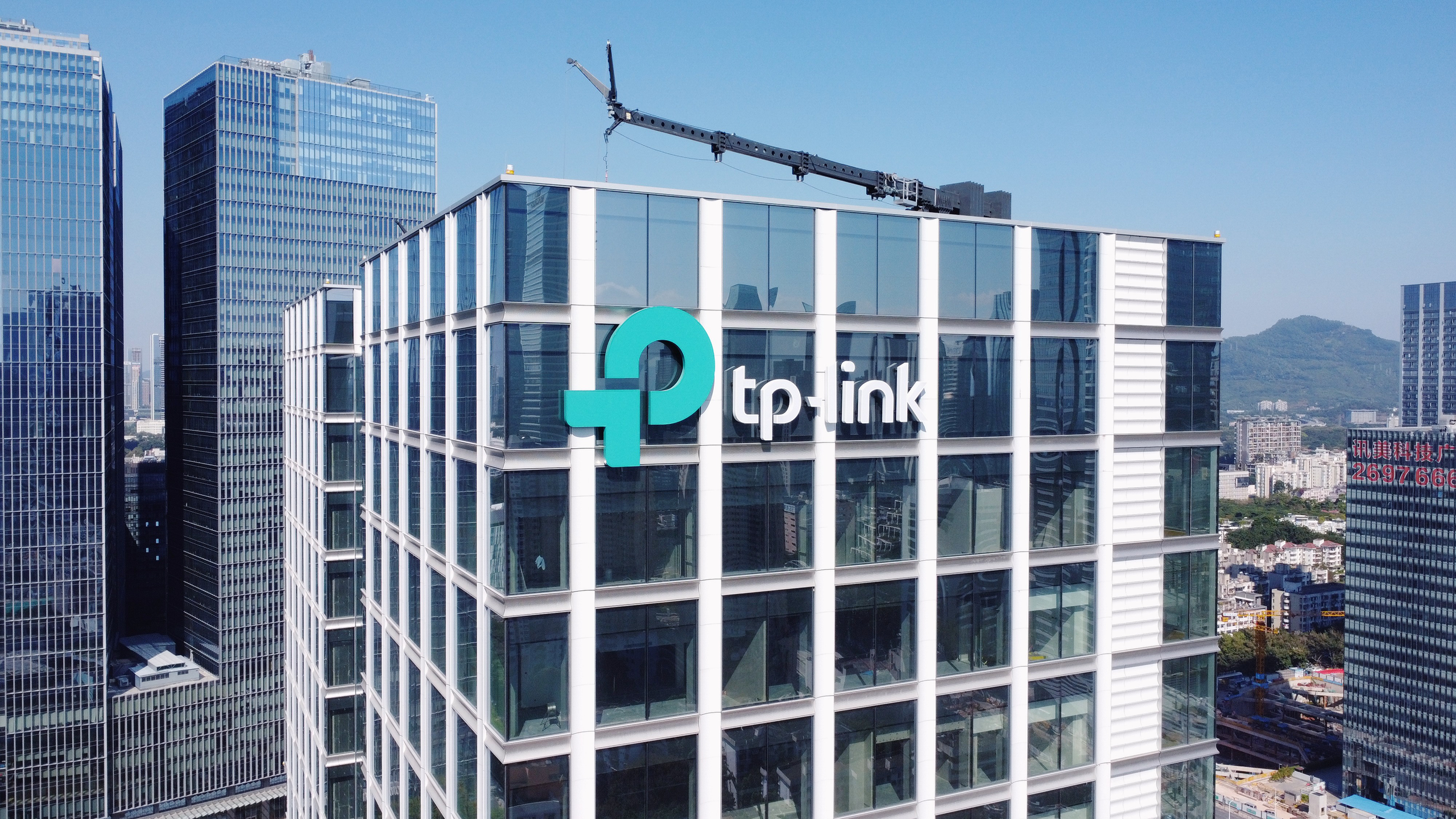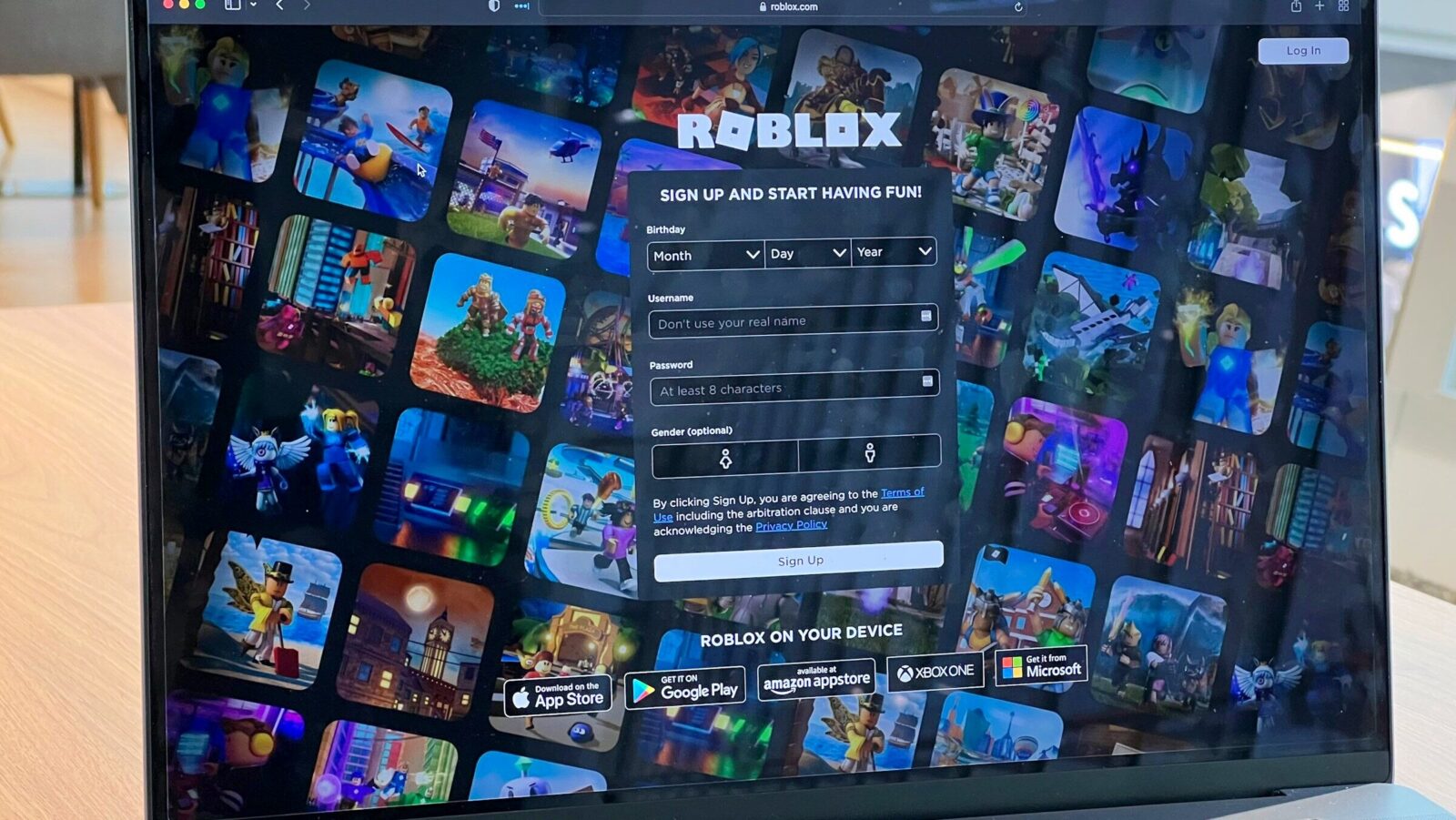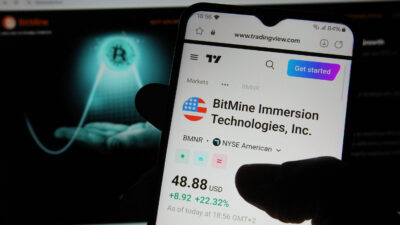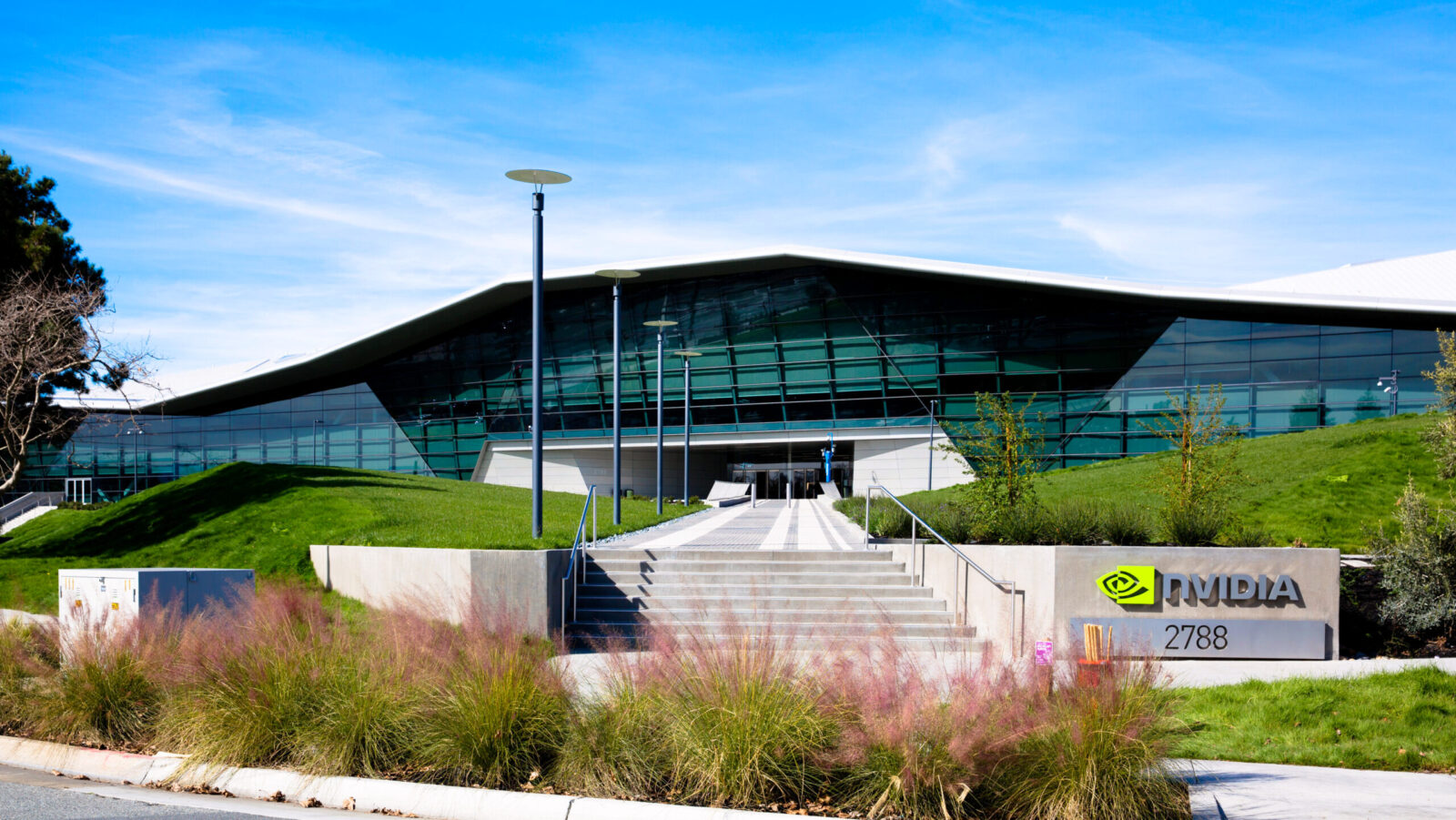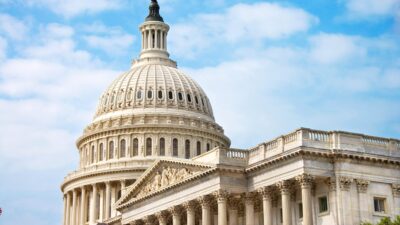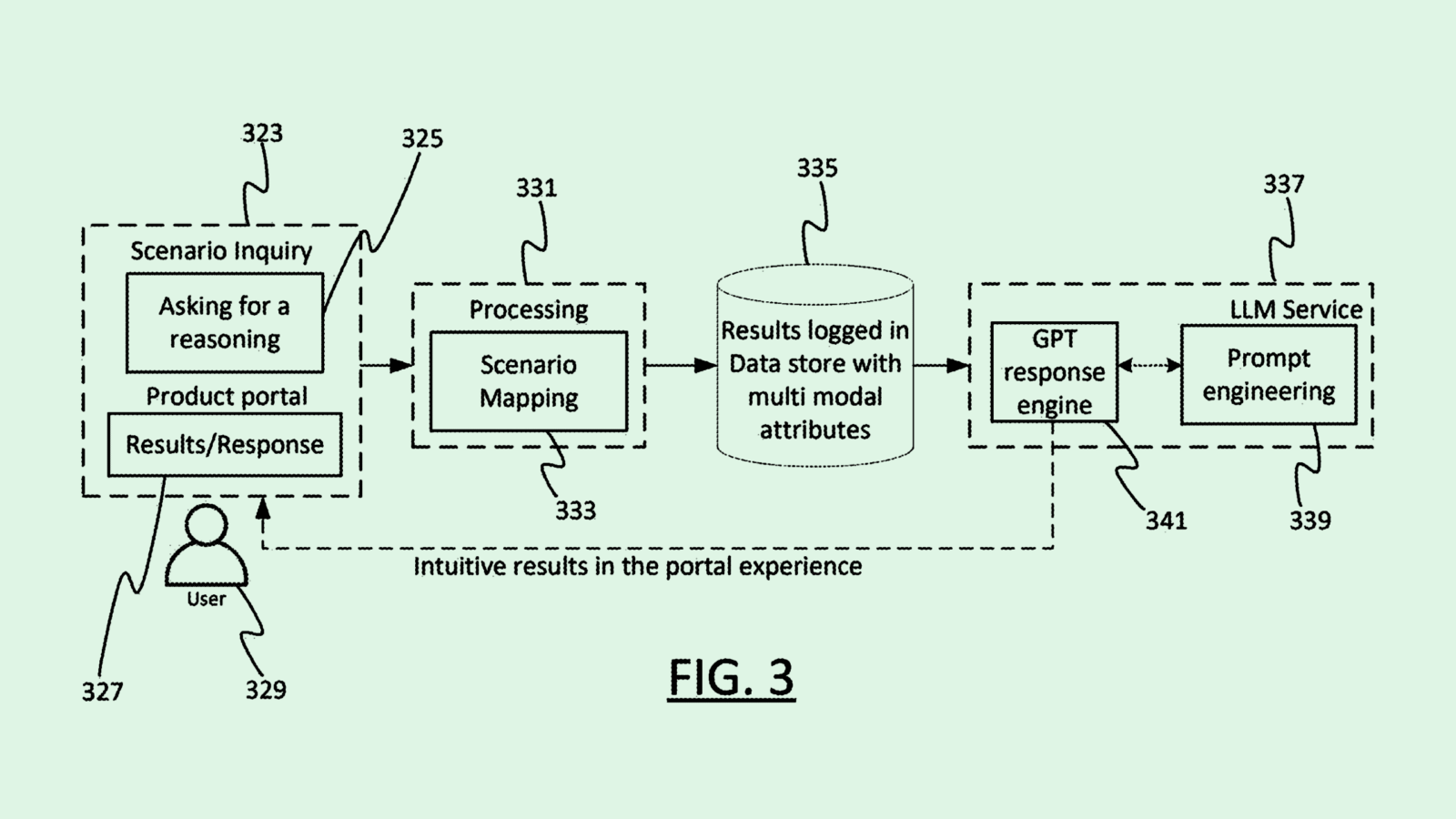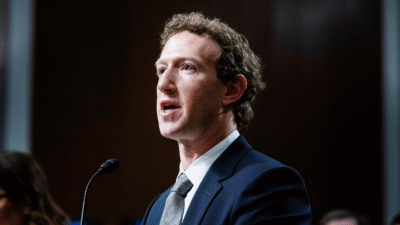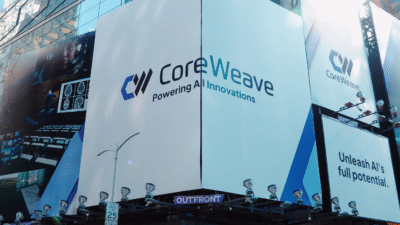Does a Popular Internet Router Pose a National Security Threat?
If similar cases are a guide, the US has given equal weight to both known and hypothetical threats to national security.
Sign up for smart news, insights, and analysis on the biggest financial stories of the day.
Stephen King is famous for turning the most ordinary things into something terrifying. According to Washington, Beijing is pretty good at it too.
On Wednesday, The Wall Street Journal reported that US authorities are investigating whether to place a ban on a wildly popular made-in-China home-internet router that may or may not pose a national security threat.
Import Controls
Chances are the internet router in your home or at your work office is from Chinese manufacturer TP-Link. The company has a grip on around 65% of the home-and-office market in the US, up from around just 33% in 2021, according to a WSJ analysis of industry data. Its products are even used to power the internet within the offices of various US government agencies, including the Department of Defense, per the WSJ. And that’s why concerns have been raised.
The US government has not released any evidence that TP-Link has any, er, connection to espionage, but researchers at Microsoft earlier this year warned that thousands of TP-Link routers have been compromised by a large Chinese hacking entity.
And in similar tech cases in recent years, the US has given roughly equal weight to known threats to national security and hypothetical threats to national security. Which means the TP-Link threat level falls somewhere in the middle:
- The TP-Link case most closely resembles the 2019 ban on Huawei telecom equipment, carried out by the Trump 1.0 administration, which similarly cited potential threats to national security; the looming TikTok ban is also based on potential threats not yet realized. While it’s the Biden administration currently weighing a TP-Link ban, Trump 2.0 can be counted on to maintain a hawkish stance on Chinese hardware.
- On the flip-side, export controls on high-powered US-made chips are a little more grounded in fact — though the bans haven’t been entirely effective. In August, The New York Times reported that Nvidia chips and other pieces of US-made tech have “aided Chinese research into nuclear weapons, torpedoes and other military applications.”
Clock’s TikToking: Speaking of TikTok, the Supreme Court challenge is about to go viral. The high court announced on Wednesday it’d take up the case on whether the upcoming ban — which, again, is predicated on possible threats to national security — is constitutional. On Monday, TikTok CEO Shou Zi Chew, following in the footsteps of just about every other tech titan, traveled to Mar-a-Lago for a meal with the president-elect.
